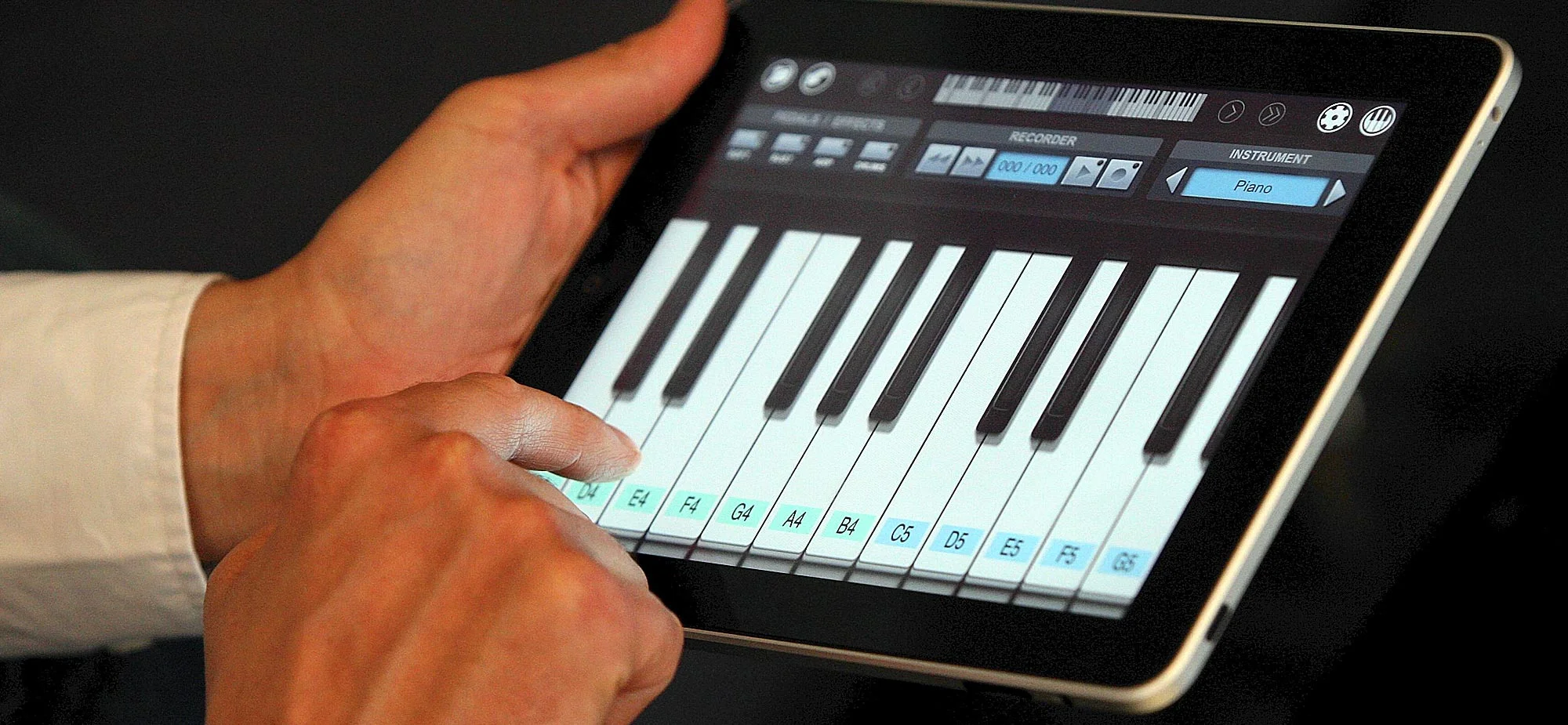Call (405)306-5076
The right piano teaching
THE RIGHT START
Whether your ambitions is to play Carnegie Hall or just to enjoy making your own music, Florence Piano Studio can give you a solid foundation from which you will be able to grow for many years.
We start immediately by playing some music learned by “rote” – this gives the young learner a sense achievement and the experience of “making music.” While keeping that sense of fun and achievement, we progress through the steps of learning music notation, rhythm, and eventually theory and ear training. This is always guided by the student’s level of interest, motivation and ability.
THE RIGHT FINISH
If you are not a beginner, we can provide the continuing help to become the best musician you can be. We will guide you from where you are now to where you want to be, without asserting our preferences or ideas about what you “should” want. Students are given as much choice as possible in the types of music they play, and the specific pieces selected, within the scope of sound pedagogical processes. This is more applicable to older and more advanced students, but even young students are given as much choice as is conducive to learning, so that they have a sense of ownership of their progress.
THE WHOLE PERSON
When I teach a child, I approach that child as a whole person, with tremendous potential to contribute to society. I know that child has a personality that is unique, even though she is still in development. That child has unknown strengths, abilities and talents just waiting to be discovered. So, I want to relate to that child as more than just a music student. I believe the learning and creation of music relates to many if not most areas of life.
Music is an art, but it is also a science, utilizing math and the physical sciences. Music is a mode of expression that transcends words and makes the inexpressible expressible. To many people, music is a spiritual experience. While I don’t emphasize this (that belongs to parents), I do relate the idea of beauty as a universal value. All of this is just to say that lessons in music can be lessons in life.
HOW IMPORTANT IS TALENT?
We believe that every child is potentially talented. Whether it is predominantly “nature or nurture” (or a combination) that gives talent, there is undoubtedly more factors than can be understood, and we believe we should give every opportunity for talent to show up and blossom.
The benefits of learning piano apply regardless of the level of talent – even developmentally delayed students can benefit from making music. While a high level of musical aptitude speeds progress and increases the eventual level of mastery, it is unnecessary to the activity of making music and enjoying it. More important is the desire and the ability to have fun during the process. Finally, self-regulation and the capacity to delay gratification are indicators of eventual achievement that are as important as raw talent.
If you would like to discover the hidden musician in your child, call me for an informal evaluation. Disguised as games, this free assessment will help you determine the lesson-readiness of your child (or you!)
WHEN IS A CHILD READY FOR PIANO LESSONS?
Actually, the only definitive answer to this is, “it depends on the child,” meaning the child’s desire, motivation, personality, physical and mental development and natural talent. Of course, a desire to play can outweigh many other factors, but starting too early can end up frustrating this desire since advancement can be slowed due to lack of physical development (e.g. hands too small) or mental development (inadequate ability to follow instructions and understand some concepts). Perhaps the most relevant developmental landmark is early reading ability. Although it is not absolutely necessary, the child who is reading and can recognize simple words has distinct advantages in learning to read music. All things being equal, a student beginning lessons at age 7 or 8 can experience progress more rapidly than one starting at age 5.
USE OF TECHNOLOGY
Today, children are exposed to technology at younger and younger ages. While there are many downsides to this, there are also many advantages and teaching opportunities. Many free or inexpensive smartphone and iPad apps can be used to supplement learning, especially in the areas of music reading, theory and ear training. Electronic aids that used to cost $40 or more are available as free apps (e.g. metronome)
Lessons can be recorded and downloaded to a site accessible to you from your home. Email or text reminders and tips can be used to keep the student engaged and motivated, and to foster rapport with the teacher. If you are interested in knowing more, please ask.
WHAT WILL MY CHILD LEARN?
By the end of the fourth lesson, most beginners will...
know proper hand/arm positions,
know keyboard note names,
understand the topography of the keyboard, and
be reading simple songs.
If you or your child want to learn to play piano, please call James at (405)306-5076 for more information or to schedule your first lesson.





